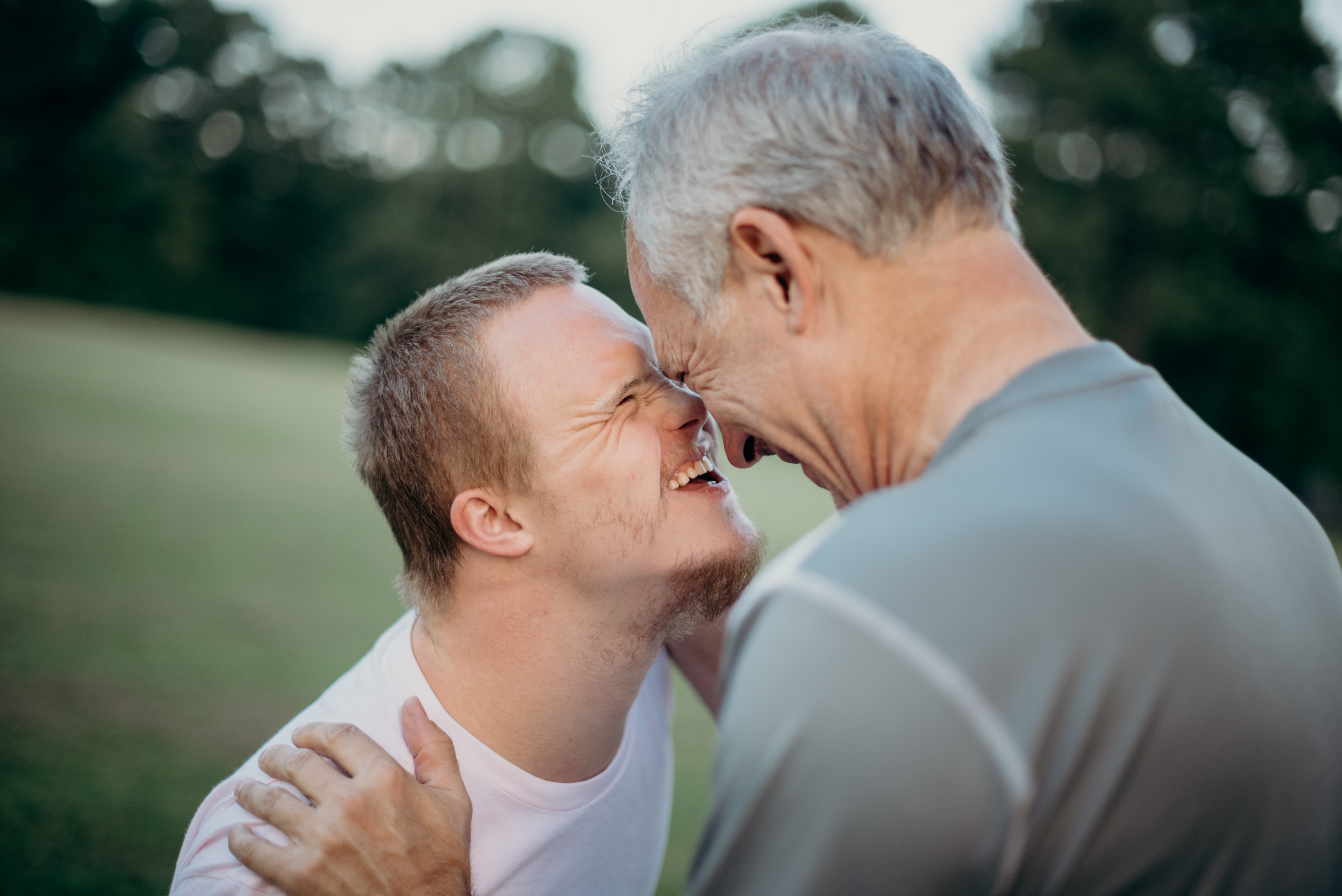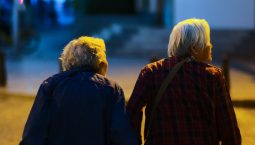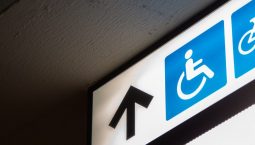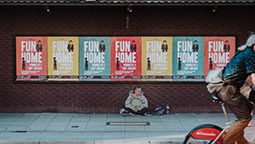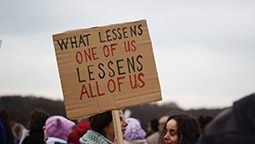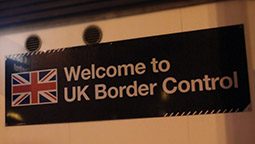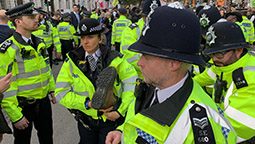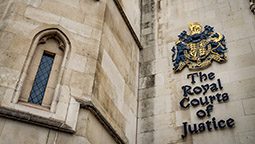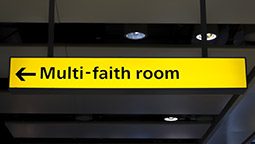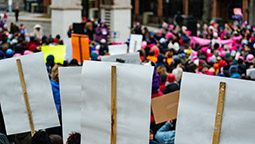Throughout the pandemic, unlawful do not resuscitate orders (DNRs) were placed upon people in the United Kingdom. Did it unfairly target disabled patients?
While being questioned of his mishandling during the early months of the Covid-19 pandemic, Health Secretary Matt Hancock promised to investigate “inappropriate” do not resuscitate (DNR) notices — which were initially revealed during the height of the pandemic in 2020.
What is a DNR Order?
Also known as DNACPR (Do Not Attempt Cardiopulmonary Resuscitation), these orders are placed on seriously ill patients to prevent doctors from performing CPR. DNR orders are only supposed to be put in place on a case-by-case basis following discussion with a patient or their family about end-of-life care.
Reports of DNRs being illegally placed on disabled patients first hit the news after Mencap said they had received complaints in January 2021. People with learning disabilities reported being told by medical professionals that they would not be resuscitated if they contracted Covid-19 and became seriously ill. This breaches the right to life, protected under the Human Rights Act 1998 and freedom from discrimination enshrined under the Equality Act 2010.
In April last year, learning disability care provider Turning Point revealed that they had received an “unprecedented” number of DNR forms from doctors thought to be illegal. During this time they had already received reports of 13 “unlawful” DNR orders from hospital specialists and GPs. Typically, Turning Point said they received around twelve each year that would require a legal challenge.
How The Media Was Slow To React

Photo by Ian Taylor on Unsplash
In response, Turning Point and Learning Disability England launched a support pack to help people challenge unlawful DNR orders. Despite doing the rounds of smaller, healthcare related publications, news of illegal DNR orders being placed on disabled patients did not hit mainstream headlines until February 2021, when The Guardian reported on it. In December 2020, the Care Quality Commission stated that potentially avoidable deaths were caused by inappropriate DNRs.
Following reports that GPs were allegedly telling learning disabled patients they would be “too frail” for ventilators and should sign DNR notices, NHS England and Improvement wrote a letter to GPs reminding them that “treatment decisions should not be made on the basis of the presence of a learning disability and/or autism alone.”
How Disabled People Were Unfairly Targeted

A do not resuscitate form
Research by the University of Sheffield has also revealed that one in three patients admitted to the hospital during the first wave of the pandemic were given DNR orders. Considering the fact that six in 10 Covid-related deaths were disabled people, it’s likely that the disabled community bore the brunt of these orders.
Patients have retained the right to be notified of DNR notices since David Tracey took University Hospitals Cambridge NHS Foundation Trust to the High Court and Court of Appeal. His wife, Janet, had terminal cancer and a DNR form was placed in her records at Addenbrook’s Hospital without consultation. Since 2014, the law clearly states that article 8 of the Human Rights Act 1998 – the right to respect for private and family life – requires that DNR decisions be made by consulting the patient or their family, that patients know in advance how decisions are made and what to do in a disagreement.
Neglecting these lawful rights, DNR orders were placed on people without even consulting them, parents of disabled children were asked to place DNRs on their children and countless disabled lives were lost. The names of the victims of these involuntary DNR orders are still surfacing. We may never know them all.

